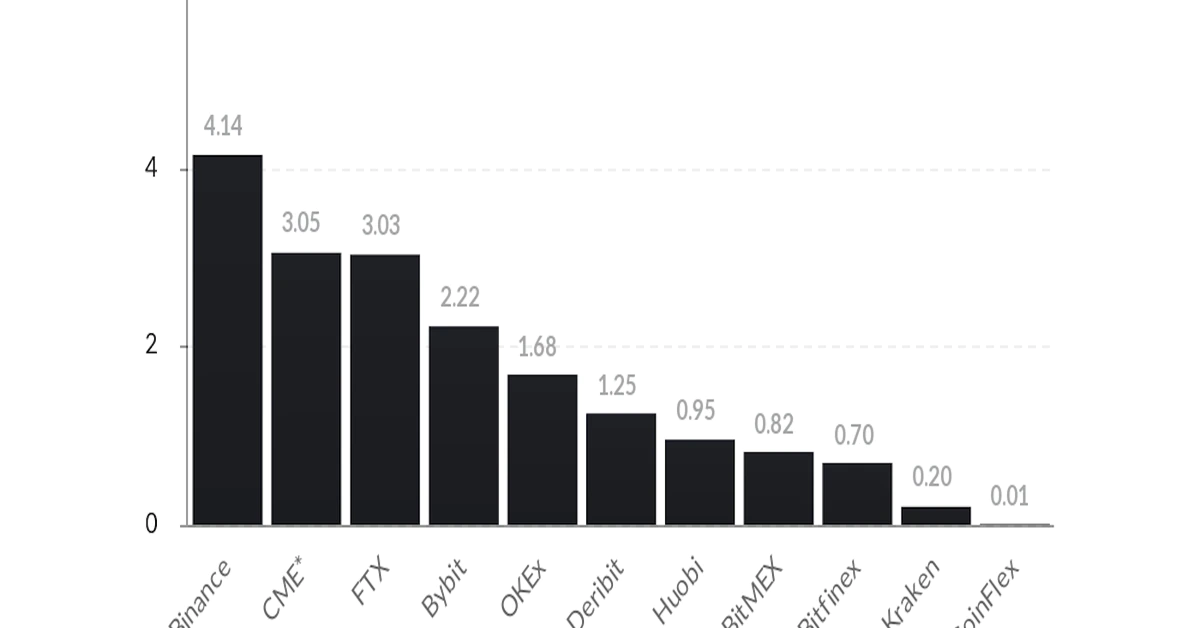The Monetary Authority of Singapore (MAS) is broadening its regulatory framework for crypto service providers through amendments to the Payment Services Act, aiming to enhance user protection and safeguard financial stability.
Announced on Tuesday, the amendments will be implemented in stages, starting from April 4. The MAS emphasized that these changes will encompass custodial services for digital payment tokens (DPTs), facilitation of DPT transmission, and cross-border money transfers, even in cases where funds are not received in Singapore.
Under the amended regulations, the MAS will have the authority to impose requirements related to anti-money laundering (AML), countering the financing of terrorism (CFT), user protection, and financial stability on DPT service providers.
Transitional arrangements will be provided for entities affected by the expanded regulatory scope. However, affected entities must notify the regulator within 30 days and submit a license application within six months from April 4.
According to Angela Ang, a senior policy advisor at blockchain intelligence firm TRM Labs and former MAS regulator, this expansion brings long-awaited regulatory clarity to crypto custody players in Singapore.
Kelvin Low, a law professor at the National University of Singapore, remarked that these changes were anticipated and unlikely to surprise industry players. He suggested that any decisions by crypto exchanges or firms to exit Singapore due to these changes would have been made well in advance.
In addition to regulatory amendments, the MAS released guidelines outlining consumer protection measures that DPT service providers must adhere to under the Payment Services Act. These measures include segregating customer assets, maintaining proper books and records, and ensuring the security and integrity of customer assets. The guideline is slated to come into effect on October 4.
Featured Image: Freepik




